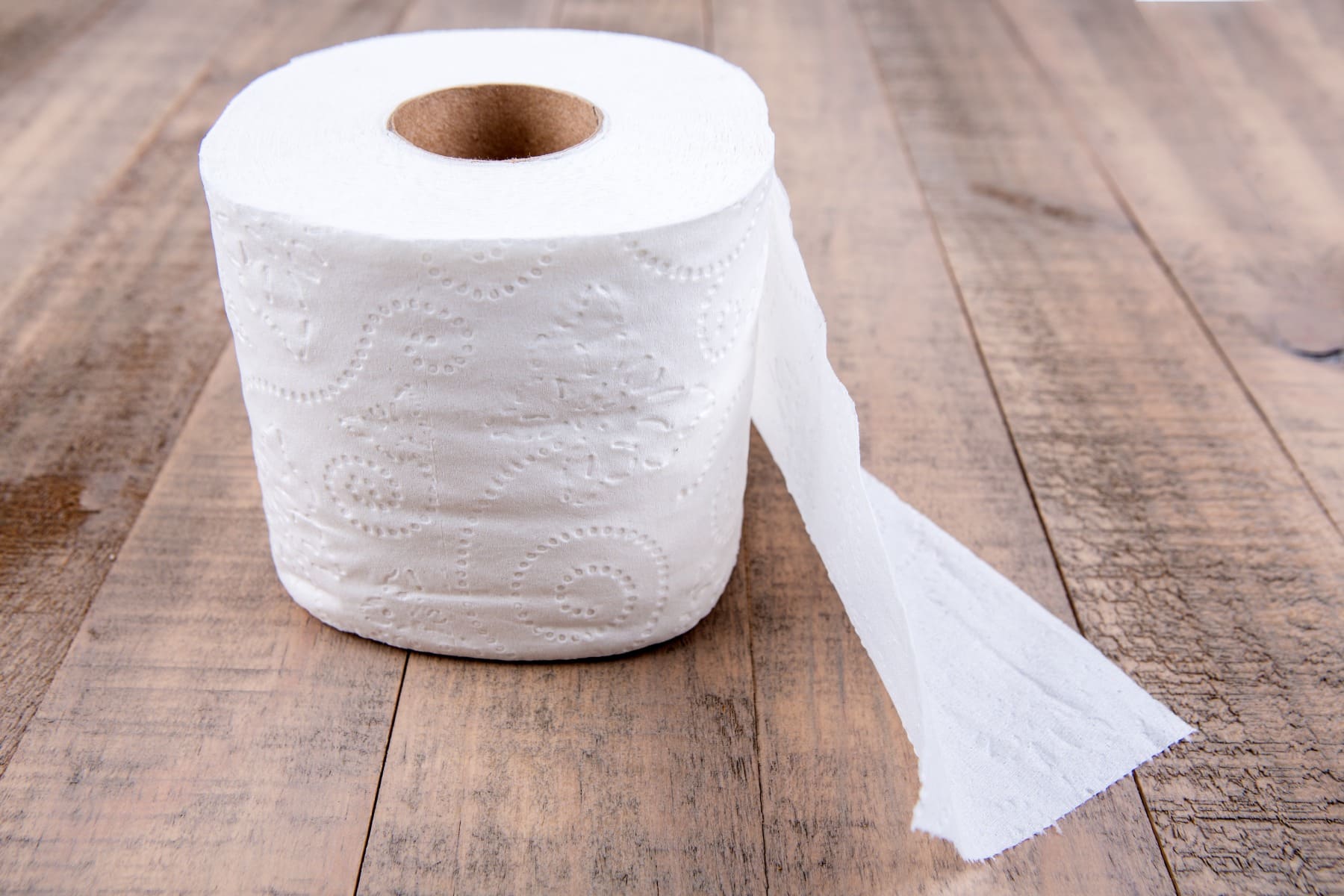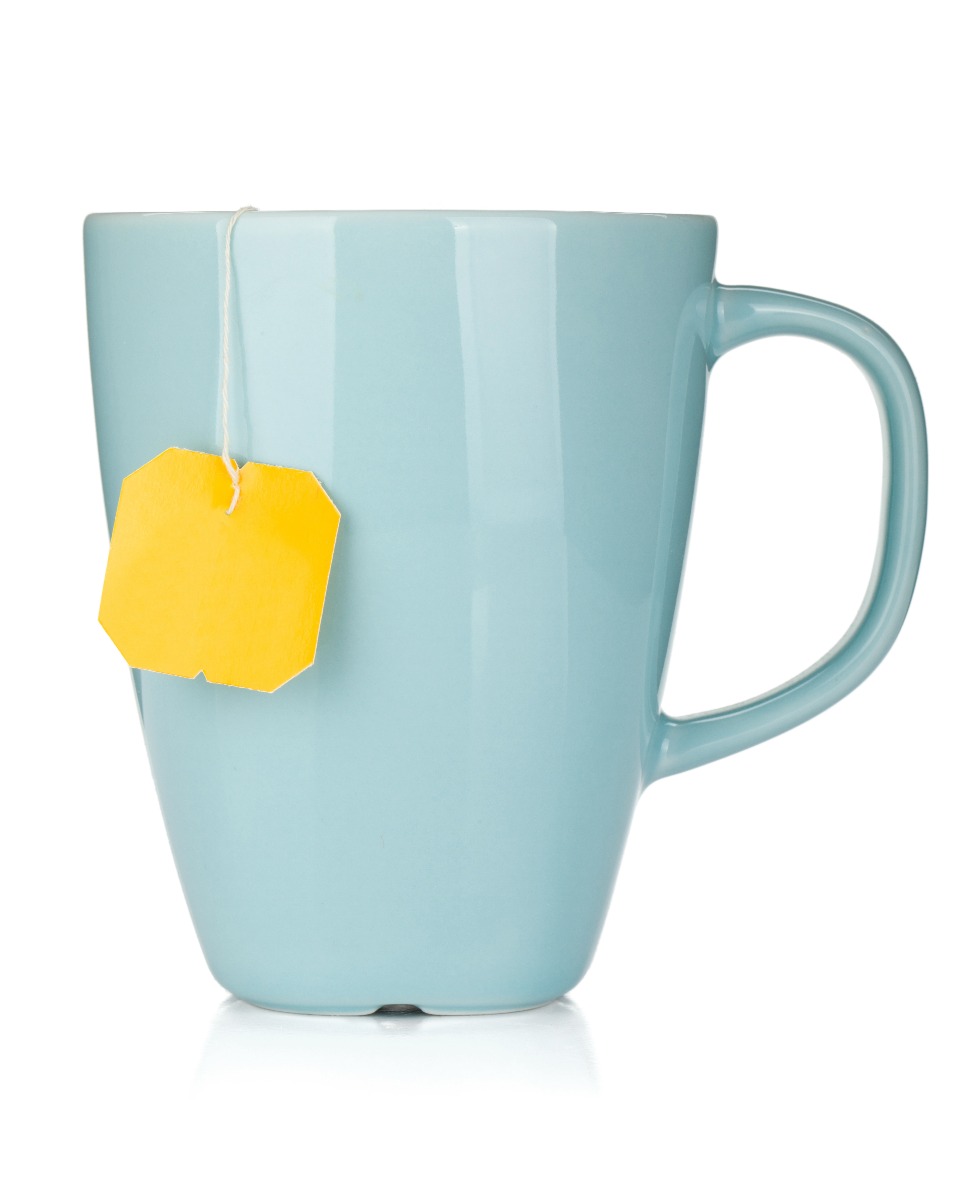Recovering from Enterocele (Small Bowel) Prolapse Surgery: Beverley's Story

The story that follows was written by Beverley Dale in 2010, but it’s just as relevant now as it was then. After struggling to treat her heavy periods, she was reluctant to seek treatment for her enterocele (small bowel) prolapse. But after speaking to her doctor they discovered other pelvic issues, and Beverley decided to undergo surgery in the hope of restoring normal pelvic function.
Follow Beverley's story and read her top tips for a speedy recovery from prolapse surgery.
If you believe you are suffering from a pelvic organ prolapse, speak to your GP as soon as possible. Delaying treatment can lead to the prolapse increasing in severity and can cause damage that leaves you at a higher risk of prolapses reoccurring.
Diagnosis & Treatment
“My name is Beverley Dale, I am 36 years old and I have been living with a prolapsed bowel for longer than I care to remember. I went to hospital in May of this year with heavy periods, a problem that had been ongoing for two years. My doctors had tried to use a Mirena coil to slow the bleeding, but it didn't work.
Initially, I didn't go to the doctors for the problems with my bowel; I think I had just accepted this problem as part of me. The manual evacuation that I had to do wasn't a pleasant thing, but I had enough to worry about with my periods, so I put my bowels on the back burner, so to speak.
While having an internal scan the doctors discovered my prolapsed bowel. A large cyst was also found and my Mirena coil was in the wrong place. First, they needed to tackle my cyst and the Mirena. I went into hospital in July and by the end of August I was recovered and ready for my next challenge; my prolapsed bowel.
I went for my first bowel appointment at the beginning of September to discuss my options. The gynaecologist that sorted my cyst and my misplaced Mirena coil had already informed me after my earlier surgery that they had noticed I had the beginnings of a prolapse in my bladder and my uterus (womb). But these were going to be left alone for now. First, I needed surgery to repair my bowel prolapse, to remove a large hernia and to reconstruct the triangular piece of flesh that is the perineum.
The doctor recommended I completely change my lifestyle. No heavy lifting, no hoovering, no mowing the lawn and no lifting anything heavier than a four-pint carton of milk.

The only positive thing that came from this discussion was that I could cycle to my heart’s content. This is because when you’re cycling, you're totally supported by sitting on the bike seat.
I came out of the appointment thinking that at only 36 years old, there are now thousands of things that I can no longer do. But after I put my sensible head back on, I realised that most of these things I wouldn't want to do anyway, and could never do. For example, from now on I can no longer bungee jump. But I’d never done it, or never even wanted to, so it didn't matter anyway.
I tried focusing on what I could do; and decided that once I was fully back on my feet I would treat myself to a new bike. We had to sell our camping gear (I couldn't help with putting the tent up etc.) and with this money we planned a caravan holiday. I think it's all down to perception!"
Recovery & New Routines
"When I got out of surgery I felt quite good, so I was pleasantly surprised. The painkillers were great, and I didn't feel a thing. That night was a slightly different story however, as every time I moved my legs it hurt. I had medication through the night, and this helped immensely. My legs were also in compression straps, that inflated every minute or so (but these were quite relaxing actually).
I was so scared that I had made a mistake and asked myself was it worth it? The next day they took the wadding out of my Loolar (I’m aged 36 and I still can't bring myself to say vagina). This was the best thing they could have every done, all the pain and discomfort the night before was from this wadding. I felt 100% better. I could sit up and I started to feel more in control.

Over the next few days I had my compression straps removed and instead put on a very fetching pair of surgical stockings. I was also given Lactulose to help me go for a poo. My first poo was quite scary (everything in your body says, don't push!) but everything went fine, and I felt so much better for going.
I was told by my physiotherapist that I had to have two weeks extended hospital rest at home (no more than you would do actually in hospital) and told me to start my pelvic floor exercises. As soon as possible, 100 times a day, for the rest of my life!
With all this time on my hands, I started thinking about the pelvic floor exercises. 100 sounds like a lot, but I started to break it down. I could easily add that amount into my day. Making a cup of tea (10), having a shower (10), dinnertime (10), cuppa time (10), favourite program on (10) etc. Once I had this in my mind I soon realised that I could get through 100 without even thinking too much about them. I just had to remember to do them!
Recovering at home, each day blended into the next; lots of rest, reading, TV, DVDs, magazines and visitors. It was a struggle to be interesting all of the time!
But by day eight, I was so bored, and I needed to take things into my own hands. So, I thought, I know, shopping! And I did my first ever Tesco shop online. No pushing a trolley, no heavy goods and no leaving my chair. I started to feel a lot more in control now. Plus, I could decide what we were having for tea without leaving my chair!
By day 12, I was feeling fantastic. I put the Get Well Soon cards away, and pottered around the house. Then, day 13. What a mistake. I had done too much (although it didn't feel like that at the time). I felt sore and was by now walking very gingerly. I needed regular paracetamol and ibuprofen. Such a silly girl, I was supposed to be able to do my five-minute walk by the following day. What if I didn't feel up to it!? Ugh! So, I just sat and read all day and tried to take my mind off it.

Luckily by the next day I felt a lot better, who would have thought doing something so small as ‘pottering’ would leave you feeling so tired? I didn't need painkillers that day. I was so relieved; I really wanted to get out of the house. Even if it was only a five-minute walk. FRESH AIR!"
At the time of writing this, Beverley was on day 16 of her recovery, and still taking her five-minute walk a day. The following week she was able to increase this to 10-15 minutes every day. Go Beverley!
“I know it will take time getting back to normal and I will have to be patient. But it is all up from here."
Beverley’s Top Tips for Dealing with Enterocele (Small Bowel) Prolapse Surgery

- Try not to read too much on the web (I did this scared myself half to death). Be prepared by all means, but too much doesn't help and everyone heals differently. I think it's down to positive mental attitude.
- Get a round cushion with a hole, it's very comfy to sit on and believe me, it’s a must.
- Ask for Senna or Lactulose in hospital ASAP after surgery. Your body goes slightly into shock and you don't want to ‘go’ to begin with. This will pass but the medication will certainly help.
- Don't underestimate the surgery you're having. Do exactly as you're told, and it will work!
- Buy a water boiler that boils a cup at a time. This way you can still have some independence. And believe me this feels good.
- Think about where things are in your cupboards, before surgery. You don't want to be stretching and bending for a while.
- Have supportive friends and family looking after you.
- Don’t neglect your pelvic floor exercises!
If you have a story about your recovery from a pelvic organ prolapse, get in touch by emailing [email protected]



